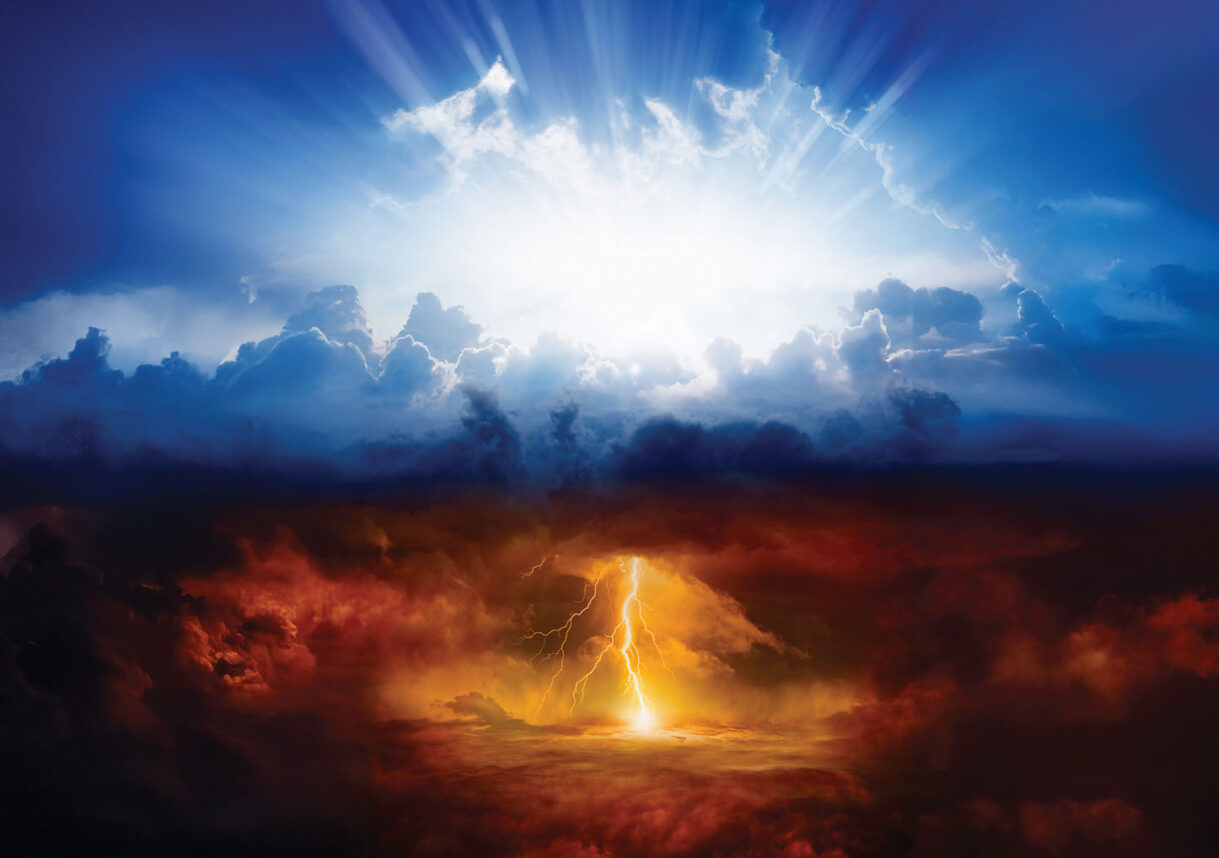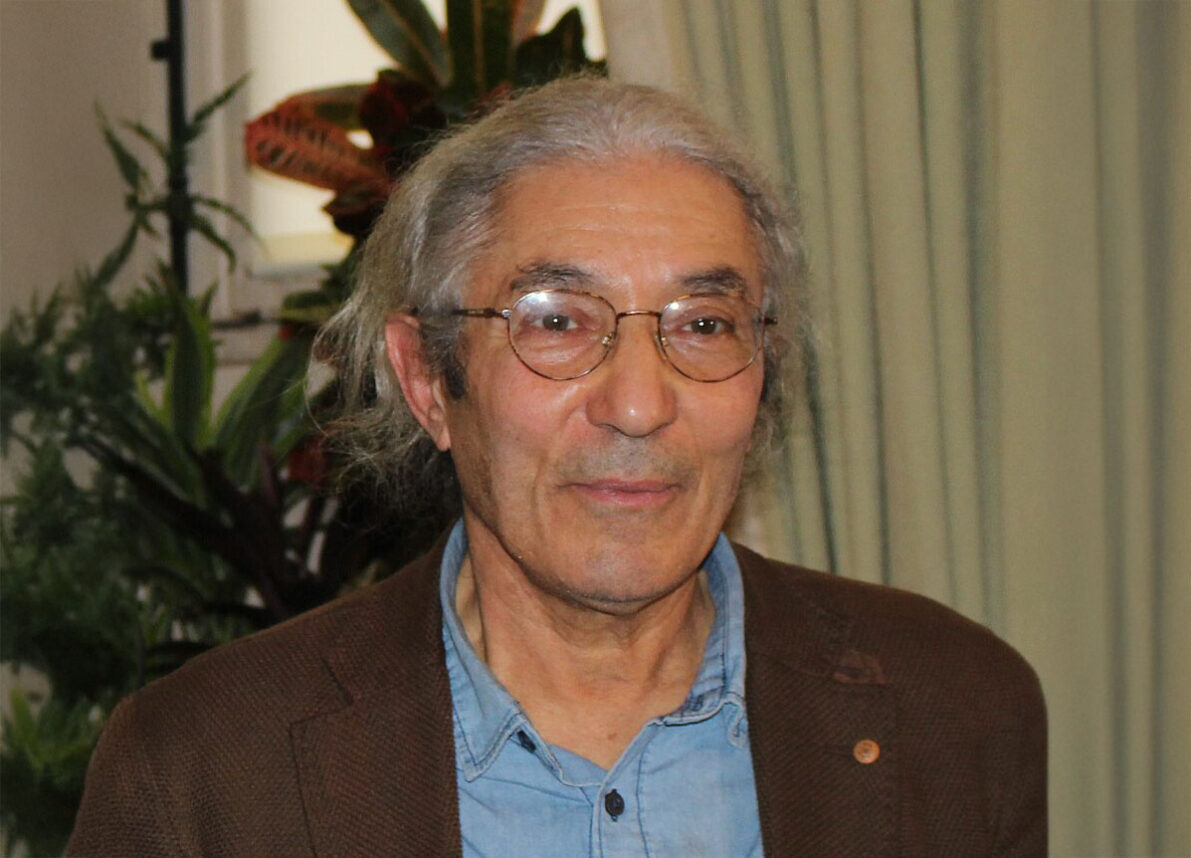
Once the current frenzy over “Oppenheimer” and “Barbie” has subsided, for many of us the next must-see film event will be Golda.
The new movie, starring Helen Mirren as the legendary Israeli leader, will be released in late August, chronicling an existential moment in Israel’s history and an especially complicated time in the relationship between the Jewish state and the U.S. And will hit theaters at an existential moment in Israel’s history and an especially complicated time in the relationship between the Jewish state and the U.S.
The current Hollywood strikes mean that it will be some time before a Benjamin Netanyahu biopic is produced, but the real-world drama in both Israel and Washington has provided ample material for that film. Israeli President Isaac Herzog’s recent visit to the United States highlighted the growing tensions between the two countries, but Herzog’s time with President Joe Biden and congressional leaders was merely a prelude to the non-stop action that has dominated Israeli politics surrounding this week’s vote on Netanyahu’s judicial reform legislation.
If the sight of dueling massive protests and frantic last-minute negotiations was not enough, then perhaps Netanyahu’s emergency trip to the hospital over the weekend for an unscheduled pacemaker implant as a result of heart blockage added an additional Netflix-worthy plot twist. But like any compelling screenplay, the onscreen theatrics represent long-simmering antagonisms that surface at an emotionally fraught time.
Which is exactly what’s happening in Israel right now. Normally arcane questions of judicial oversight have exploded into a battleground that reflects much deeper religious, ethnic and cultural divisions that have emerged over the years. Netanyahu has successfully bridged these gaps in the past, but his own legal troubles have forced him into an alliance with the nation’s most religious and ultra-conservative players. The aggressive agenda that his new associates demanded to sign on to this partnership are tearing Israel in half.
This week’s vote will not end the conflict: it is only going to get nastier going forward. The secular Israelis who have dominated the country’s politics since its inception now see themselves as under siege. The growing numbers of religious voters see an opportunity for their values to be institutionalized more than ever before. This is a fundamental disagreement between two seemingly incompatible theories of how a society should function. It will not be resolved by a legislative vote, but only by leaders who recognize that recognizing the rights and the dignity of those with other beliefs is the only outcome that can allow a fragile democracy to survive.
It’s possible that a right-center alternative, like the Blue and White Party’s Benny Gantz or Defense Minister Yoav Gallant, could be such a leader, but only with Netanyahu’s cooperation. Netanyahu himself once filled that role and may again, if he can either tame his existing coalition or form a new one. None of these outcomes appear likely to happen anytime soon.
The political standoff in Israel also seems to have paralyzed the U.S. The best Biden could offer during Herzog’s visit were shopworn bromides about democratic values and scheduling a long-delayed meeting with Netanyahu this fall. The hyper-polarization that has paralyzed Congress on other issues prevents them from playing a relevant role here either. Their high-water mark last week was passing a bipartisan resolution declaring that Israel is not a racist state.
In 1973, the country confronted an invasion from foreign enemies: today’s difficulties are driven by domestic political discord. But both present seminal danger to Israel’s future.
The most significant difference between today’s crisis and that of 50 years ago is the nature of the threats Israel faces. In 1973, the country confronted an invasion from foreign enemies: today’s difficulties are driven by domestic political discord. But both present seminal danger to Israel’s future.
At some point, leaders in both countries will need to step forward to convince the two sides that their incompatible goals for a Jewish state can be reconciled. That would the type of statesmanship that will be worth making another movie about. But the lead characters for that inspiring script are not yet in evidence. “Golda” tells the story of Israel’s leaders overcoming daunting obstacles to achieve victory. Fifty years later, we are ready for a sequel.
Dan Schnur is the U.S. Politics Editor for the Jewish Journal. He teaches courses in politics, communications, and leadership at UC Berkeley, USC and Pepperdine. He hosts the monthly webinar “The Dan Schnur Political Report” for the Los Angeles World Affairs Council & Town Hall. Follow Dan’s work at www.danschnurpolitics.com
























 More news and opinions than at a Shabbat dinner, right in your inbox.
More news and opinions than at a Shabbat dinner, right in your inbox.